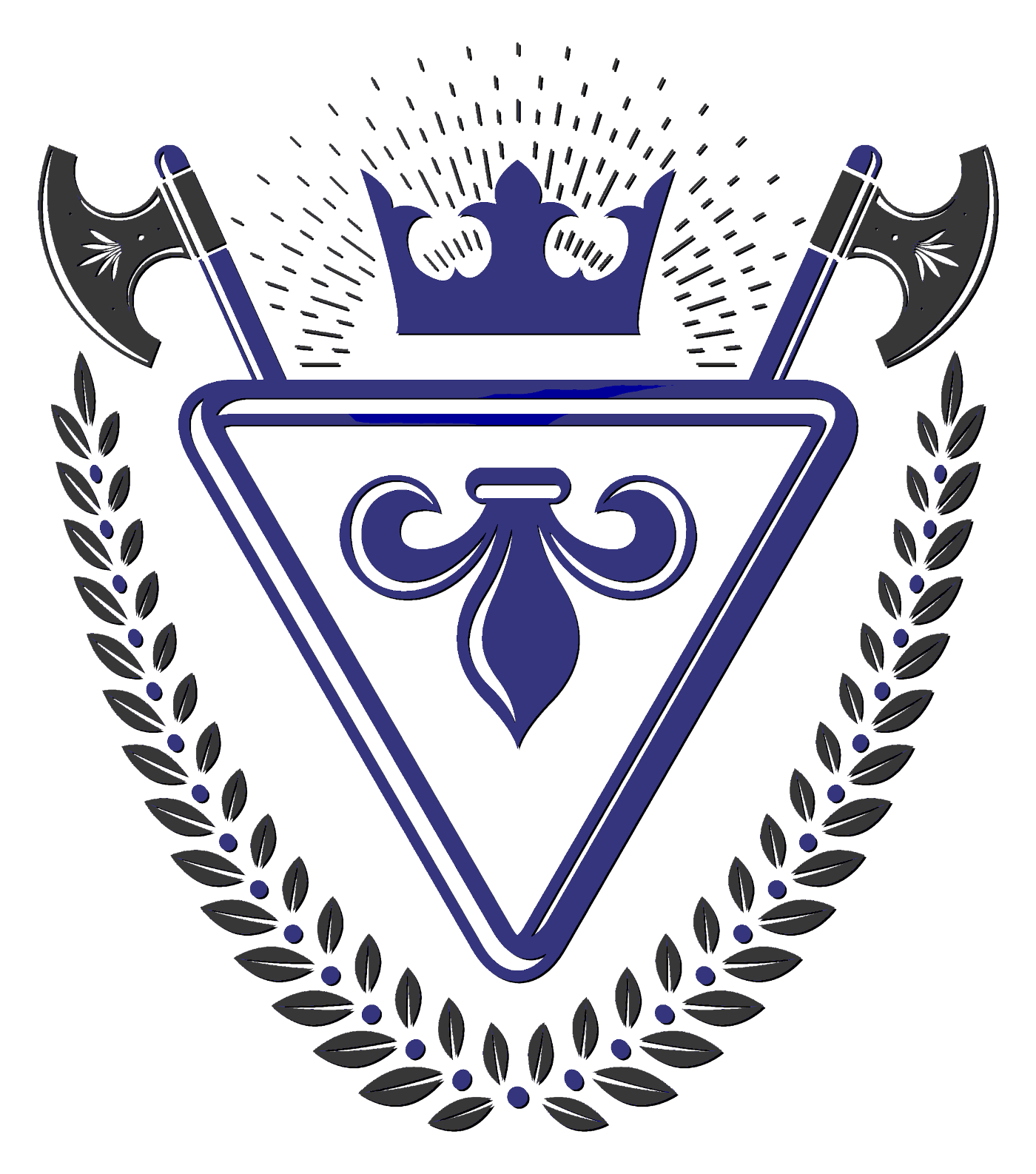This ties into the language aspect of things quite a bit (looking over what I have right now, most of it seems to tie into the language somewhere or another...).
Quote:
In the Tales of Khartur, God is known by several different names, or titles – just like in the Bible. The most commonly used title, actually a self-description that God used when asked what His name was, is Eos. It means, quite simply: I am. This immediately rings bells to the Biblically literate person. This is exactly how God described himself to Moses in the book of Exodus. I am that I am. I exist. I don’t change. I simply am. I am not becoming. I am. I always will be. My existence, my being, is complete and unalterable. I am. Eos.
The second most common title is Tallar. This name for God is used by the pagans to describe their own gods, so it is not as distinct as Eos. Tallar means master, ruler, Lord. This name shows us the general idea that God (and even gods, to the pagan mind), is/are in charge. They’re the boss. They have special authority over men. Of course, to the true Follower of Eos, Tallar would bring with it the idea of complete sovereignty over all of creation, including mankind.
A particularly Kharturi title, used less commonly than either of the above, is Ainatar, that is, father of all things. In the creation story that Aimen, the first father of men, wrote, this was the title he gave to Eos. He wrote the Thabelledrin before Eos was revealed as the proper, self-applied name of God. Ainatar is used as a name of God (by Followers only) particularly when praying. But the Followers only use this rather familiar title because of a fourth name of God: Theldar. This name means savior, deliverer. It is because Eos is their Theldar that the Followers can call Him Ainatar. Theldar is particularly used of the One who is to come in human flesh. In English, the Savior; in Kharturi, the Theldar.
I need to make up a name that means ‘anointed one’.
Ateo means Son of God. Atamin means Son of Man.
Areth,
Ka



 How can I not die over that?
How can I not die over that?